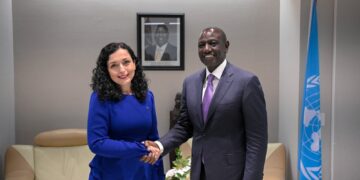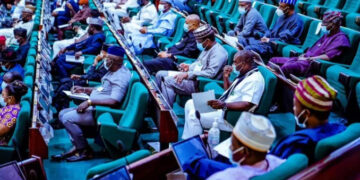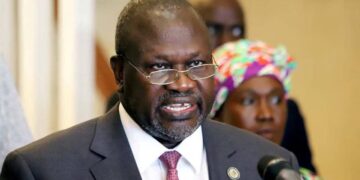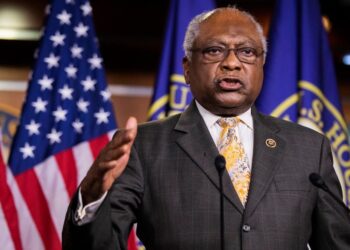By Elie Mutangana, Kigali
Unaffordable cost of digital gadgets, digital divide and illiteracy are among the critical challenges highlighted that affects Africa’s digital transformation and adoption, hence leaving millions of people on the continent unconnected.
These and many other constraints were underscored during the Mobile World Congress (MWC) held in Rwanda’s capital Kigali.
The congress brought over 2500 participants across the globe to discuss a way forward and implications for Africa’s inclusive digitalisation and connectivity.
With the theme ‘Velocity: Unleashing Tomorrow’s technology’, officials and opinion shapers gathered to explore solutions that can help the Africa’s digital journey to great momentum, through empowering communities, governments and business to harnessing technology.
Historically, Africa has had challenges in technology adoption. Speakers challenged Africans that now is the actual time for Africa to be resolute in overcoming the existing barriers.
Africa’s low penetration of mobile connectivity and accessibility have been noted as major concerns that needs to be urgently addressed to enable Africans access different services offered by digital means.
Critically, the agenda of digital transformation of Africa as speakers highlighted, should seek to solve challenges inclusively and making sure that no one is left behind. For example, Women, youth, people with disability and other vulnerable groups were particularly reported to be unconnected, mainly because of the current cost of smart phone and internet data which is out of their reach.
According to Paula Ingabire, Rwanda’s Minister of ICT and Innovation, Africa now has the fastest growing mobile penetration globally, but it still have the long way to go, although it even have the critical means and resources to address the outstanding problems of connectivity accessibility that the continent is dealing with.
“Every day new challenges test our humanity, just as much as our needs to understand and adopt technology. New products and services emerge from these challenges to empower our people. Now we have got an opportunity to learn about technology solutions available today to ensure that no African is left behind by being connected and finding the utility and greater access to the internet,” said the Minister.
Actors in technology and Innovation urged that African governments need to mobilize funding and investment, as well as create a conducive environment and proper regulations to enable people connect to latest available technology.
“We need to run an affordable access to Internet, renewable energy, digital and the all value chain services for meeting the end user,” said Lacina Kone, Director General and Chief Executive Officer of Smart Africa.
He added that such success requires collaboration between governments, businesses, civil societies and citizens to leverage resources and expertises available on the continent.
Governments were additionally urged to exempt taxes on digital devices such as smartphones, to make it easier and affordable for all categories of people, and setting up a fully-fledged environment for the operators as well to ensure the efficiency of the services.
President Paul Kagame, during his remark at the event, acknowledged that the previous Covid-19 Pandemic pushed the acceleration of transition to digital era of a technology-led economy, but the continent has to draw lessons from it and move more further.
“We have to address the gap in access and connectivity with a sense of urgency to ensure that no African remains offline”, said President Kagame.
By harnessing the 5G technology, Artificial Intelligence (AI), Internet of Things (IoT) and other emerging technologies, the significant strides in various industries including FinTech, AgriTech, HealthTech, Automative, Manufacturing and many other areas are expected to grow to a great momentum.




































